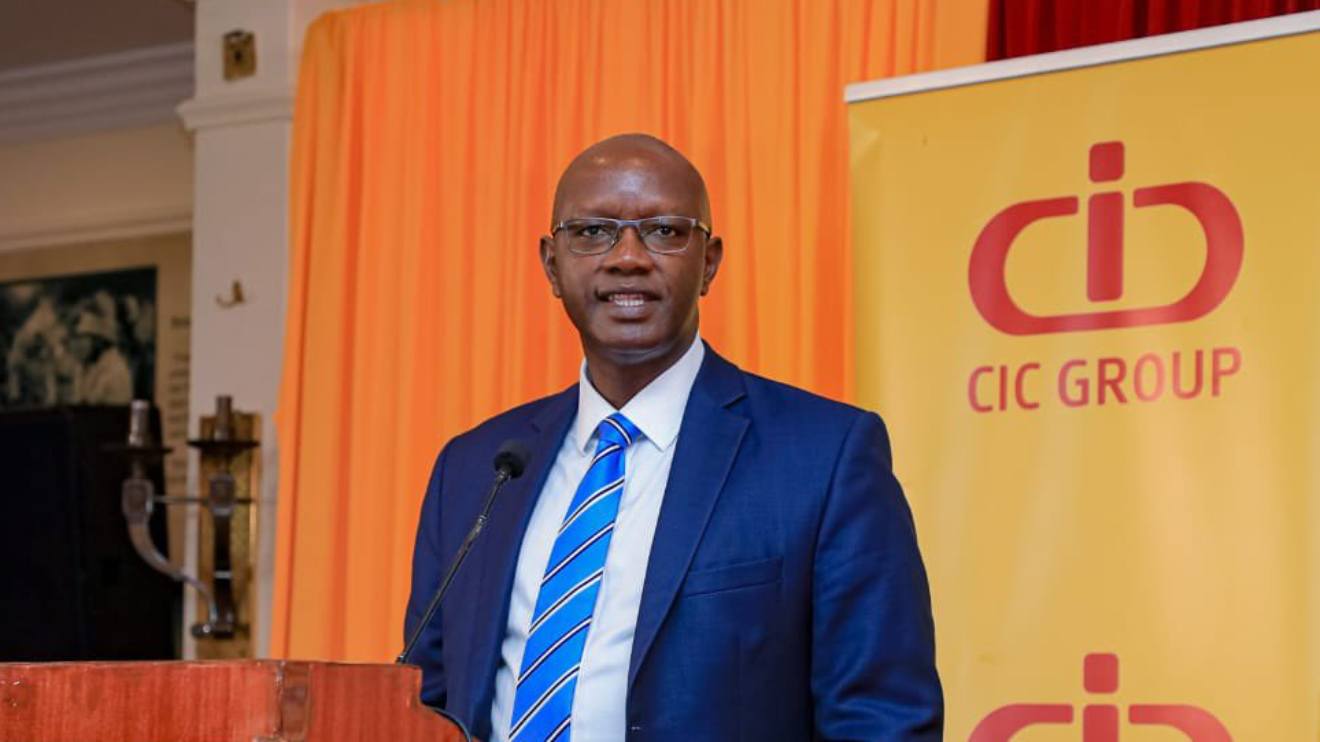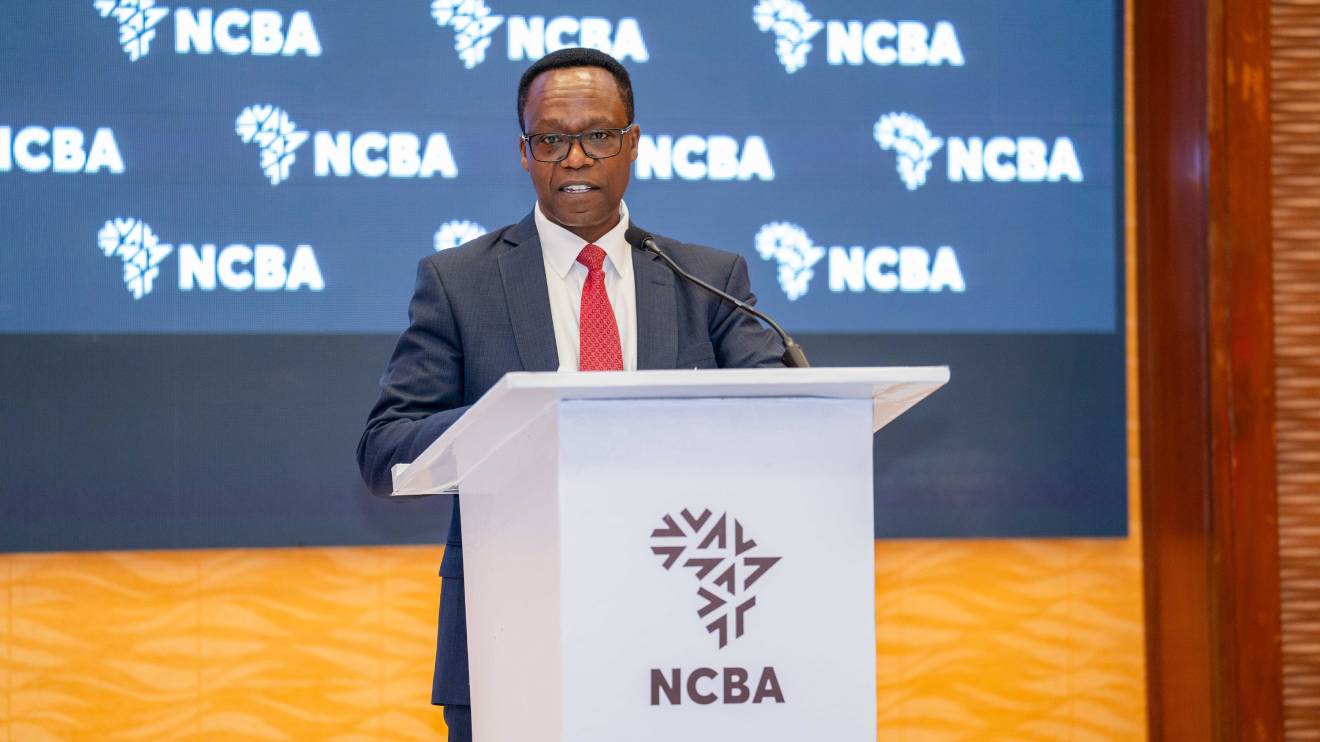Kenya’s once-booming mobile money sector is showing signs of strain as the country grapples with economic challenges.
Data from the Kenya National Bureau of Statistics (KNBS) reveals a 4.81 per cent decline in mobile money transactions between March and April 2024, with the total value dropping from Sh747.7 billion to Sh711.7 billion.
The number of transactions also contracted from 207.8 million to 203.6 million during the same period, according to the KNBS.
“In addition, the total number of transactions dropped from 207.8 million to 203.6 million, during the same period. The total value of transactions decreased from Sh747.7 billion in March 2024 to Sh711.7 billion in April 2024,” the statistical body noted.
This downturn is surprising given that inflation eased to 5 per cent in April from 5.7 per cent in March, typically a boon for consumer spending.
Read More
However, the lingering effects of higher inflation earlier in the year, which peaked at 9 per cent in 2023, appear to have dampened consumer confidence.
Despite the recent moderation, the cumulative impact of rising costs has eroded purchasing power, forcing consumers to tighten their belts.
This reduced discretionary spending is evident in the decline of mobile money transactions, a platform often used for such expenditures.
Nevertheless, the broader picture for mobile money remains positive.
The sector has witnessed substantial growth in recent years, with transactions reaching a peak of 213.31 million valued at Sh788.35 billion in December 2023.
This digital payment channel has been instrumental in financial inclusion, providing millions of Kenyans with access to essential financial services.
However, the current economic climate is testing the resilience of this vital sector.
The competitive landscape between mobile operators, such as Safaricom’s M-Pesa, and banks has intensified.
Moreover, the introduction of additional transaction fees in July 2023 following the enactment of the Finance Act 2023 has added another layer of complexity to the ecosystem.
While the government has responded to public outcry by suspending a proposed increase in excise duty on mobile money transfer fees from 15 per cent to 20 per cent, the sector is still navigating a challenging terrain.
As the economy adjusts to these pressures, the performance of mobile money will be a key indicator of overall economic health.


-1756474472.jpg)



-1753733469.jpeg)


